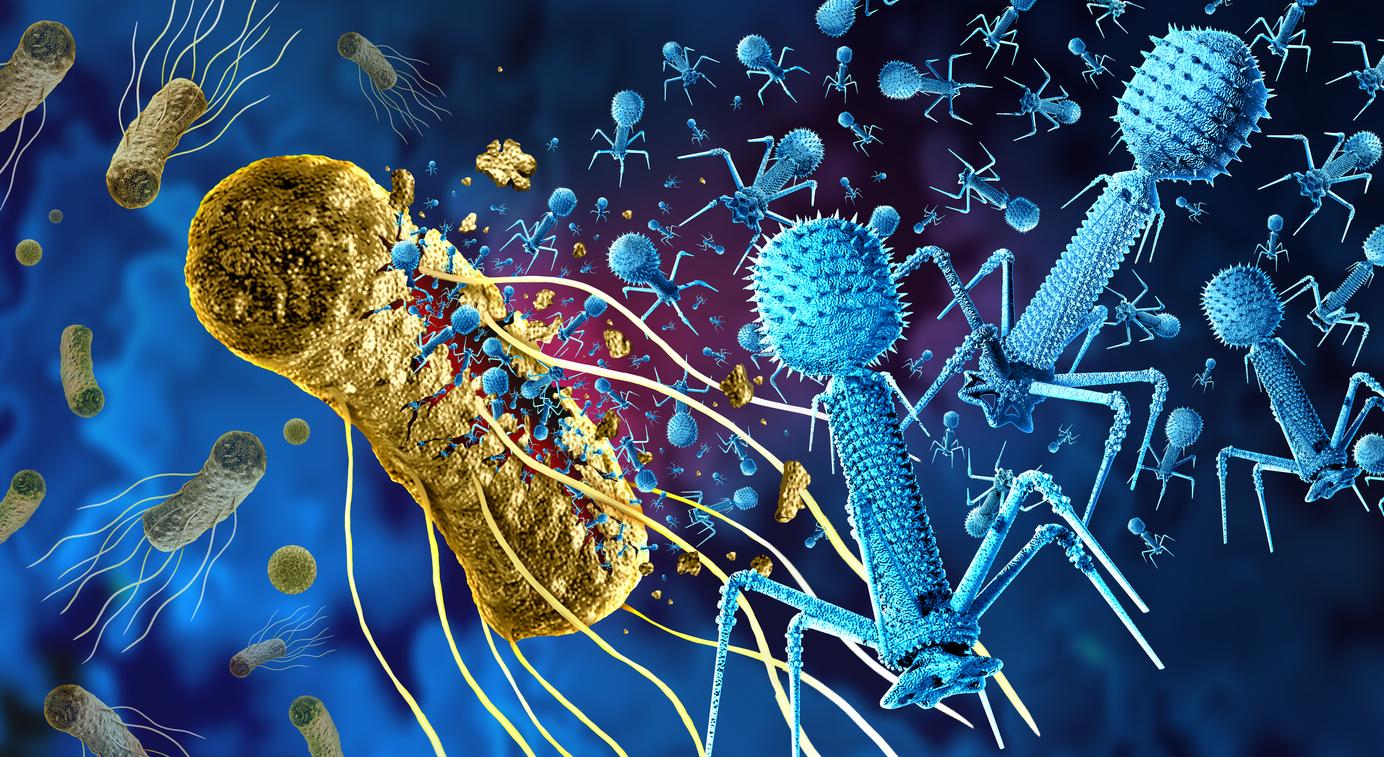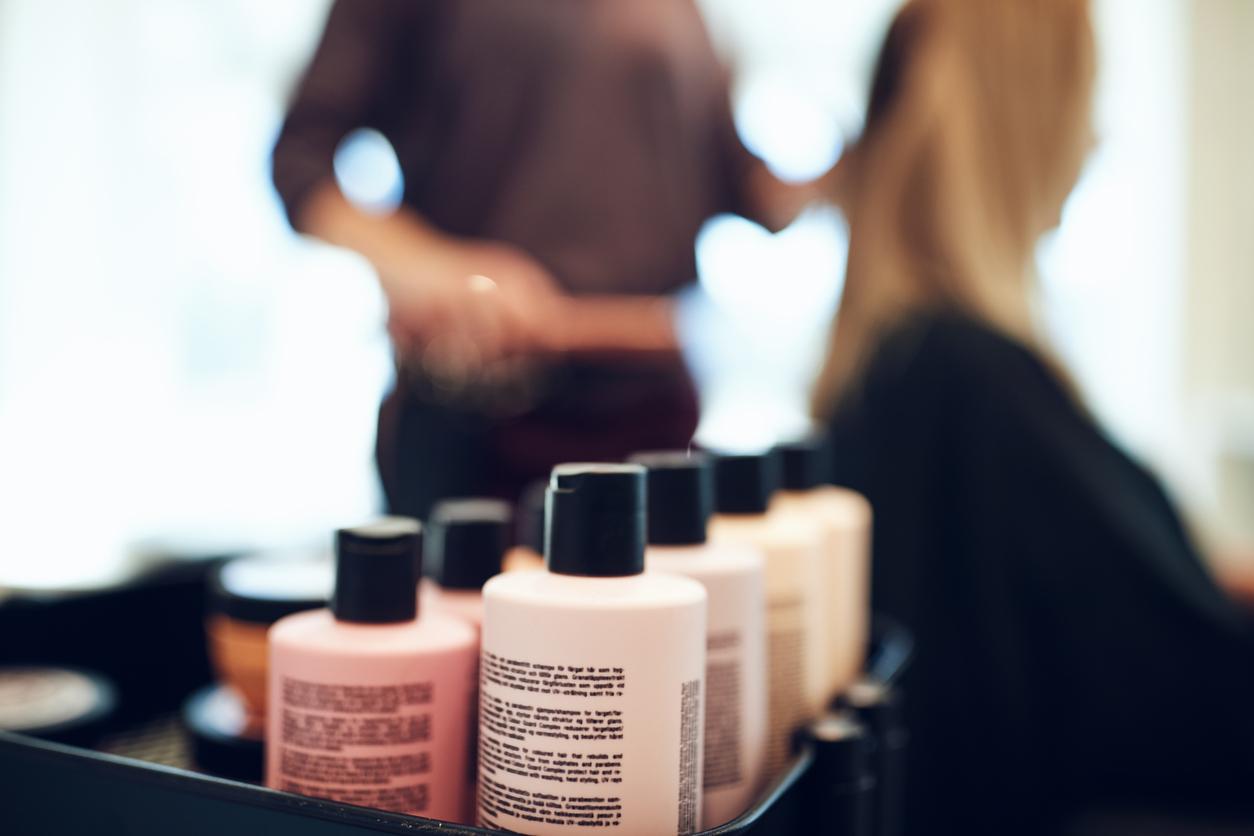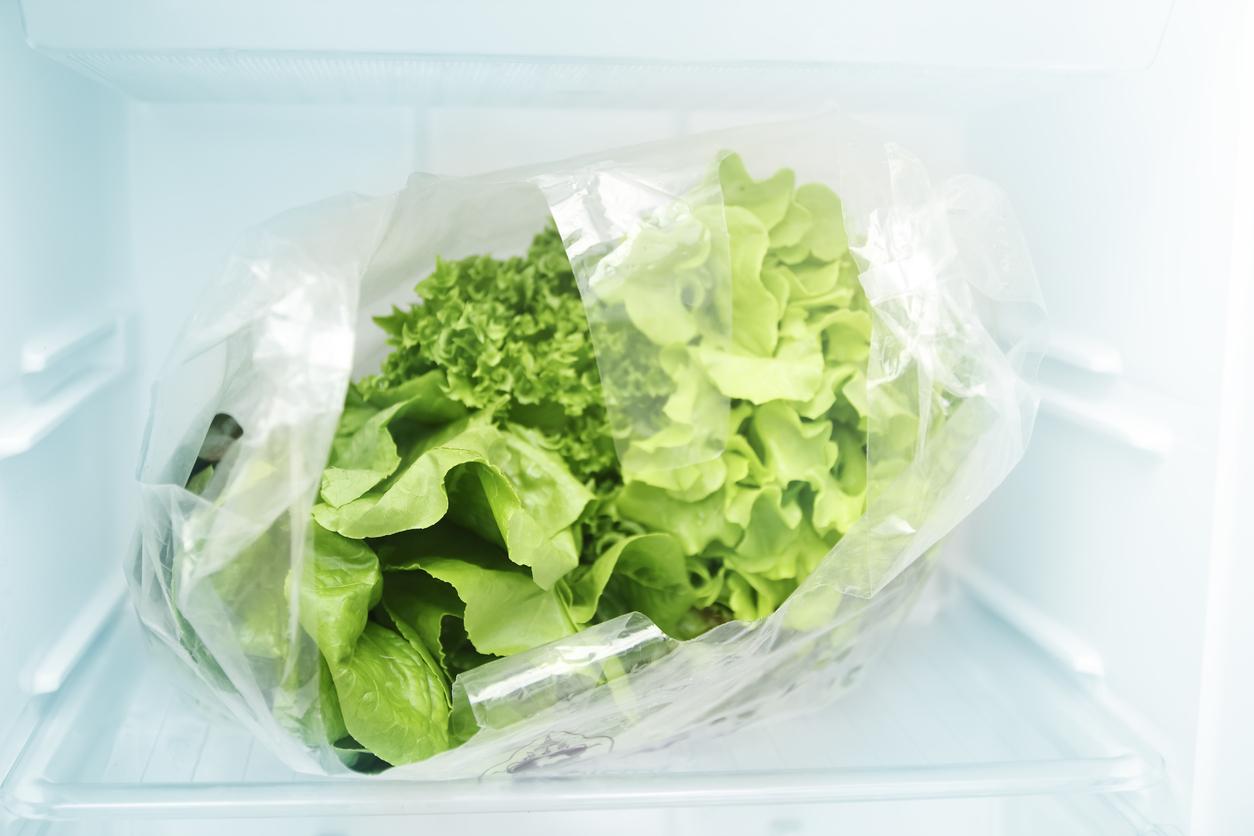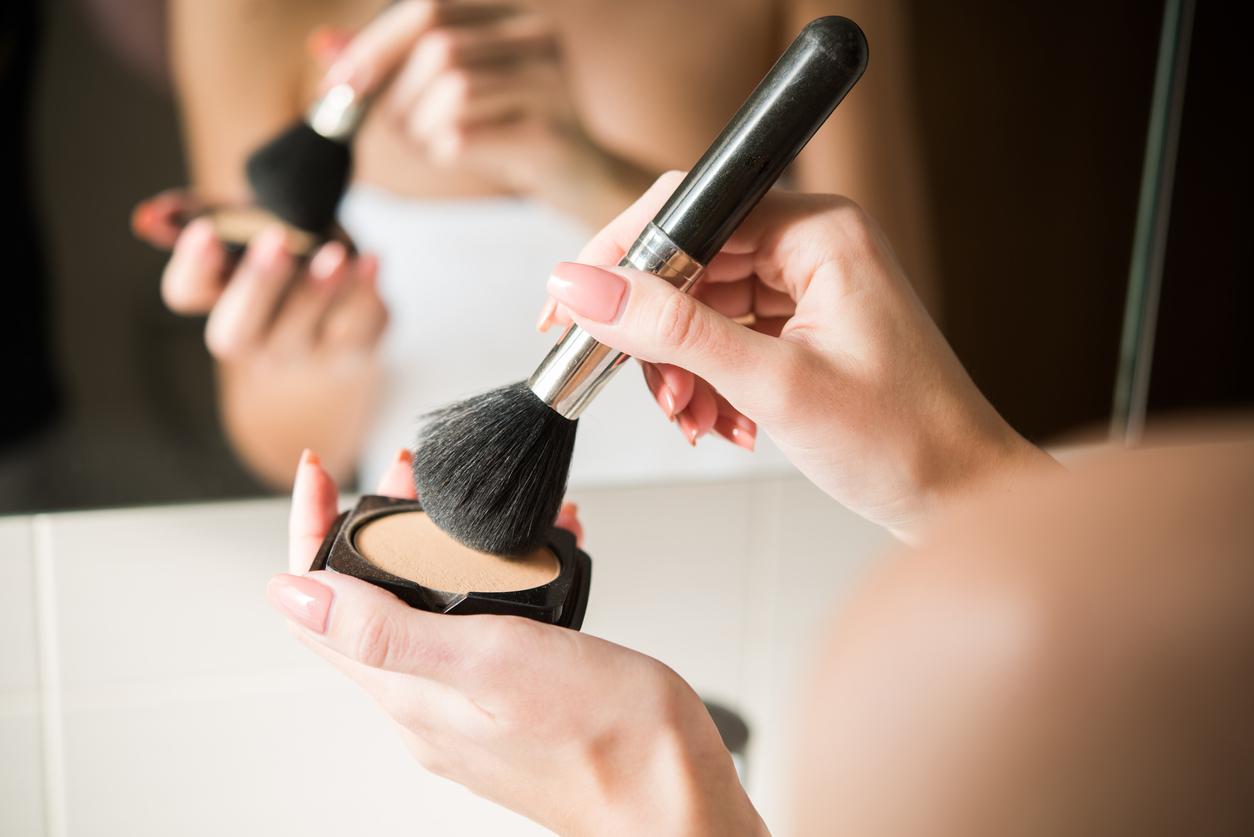According to a new study conducted by British researchers, 70 to 90% of makeup products already used contain pathogenic bacteria such as E. coli or S. aureus.
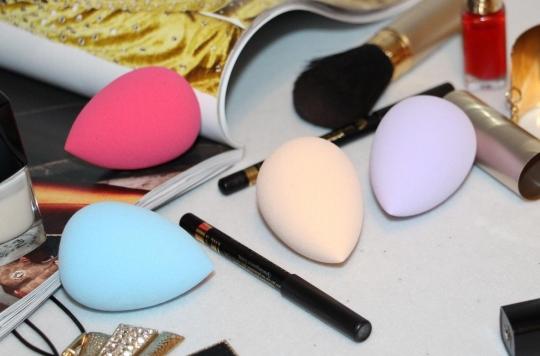
We already knew that our cell phones, our washing machinesour computer keyboards could, if they were not regularly cleaned, become veritable breeding grounds for bacteria.
A new study by researchers from the School of Life and Health Sciences at Aston University in Birmingham, UK, shows that the majority of makeup products we apply to our face every day, as well as cosmetic sponges uncleaned were contaminated with potentially deadly superbugs which can cause skin and eye infections and even blood poisoning in immunocompromised people. Their work is published in the Journal of Applied Microbiology.
Up to 90% of cosmetic products contaminated
As part of their study, the researchers analyzed samples of 467 beauty products donated by British users. These products included 96 lipsticks, 92 eyeliners, 93 mascaras, 107 lip glosses and 79 beauty blenders, those egg-shaped makeup sponges that are used to apply foundation or concealer. dark circles.
The tests revealed that 70-90% of the products were contaminated with bacteria, mainly S. aureus, E.coli and Citrobacter freundiiwhich can cause skin infections, food poisoning and urinary tract infections.
While lipsticks and lip glosses have the lowest contamination rate, the results show that eyeliners are particularly affected by these harmful bacteria, especially Enterobacteriaceae.
“We found that the majority of contaminants were staphylococci/micrococci. Enterobacteriaceae were also detected in all product types, with a particularly high prevalence in beauty blenders (26.58%),” the researchers write in their study.
Beauty blenders, breeding grounds for bacteria
According to the results, it is these cosmetic sponges that seem to contain the majority of the most harmful bacteria. The majority of those tested (93%) have never been cleaned and 64.4% have fallen on the ground at some point during their use. They are also particularly susceptible to contamination as they are often left damp after use, creating a breeding ground for harmful bacteria.
“Poor consumer hygiene practices in the use of make-up, particularly beauty blenders, are of great concern considering that bacteria like E.coli – which is linked to fecal contamination – in the results,” says lead author Dr Amreen Bashir.
Educate consumers
For the researchers, these results reveal that consumers are often unwittingly exposing themselves to health risks and that manufacturers and regulators should do more to protect their customers by placing more importance on expiration dates and cleaning requirements on packaging.
In the European Union, make-up brands must comply with strict hygiene standards for manufacture and stipulate that E.coli, in particular, should not be present in any concentration of new cosmetic products. However, consumer protection is currently limited with regard to the risks of contamination of products already used.
“More needs to be done to educate consumers and the makeup industry as a whole about the need to regularly wash and dry their beauty blender thoroughly, as well as the risks of using makeup beyond its expiration date,” concludes Dr. Bashir.
.









